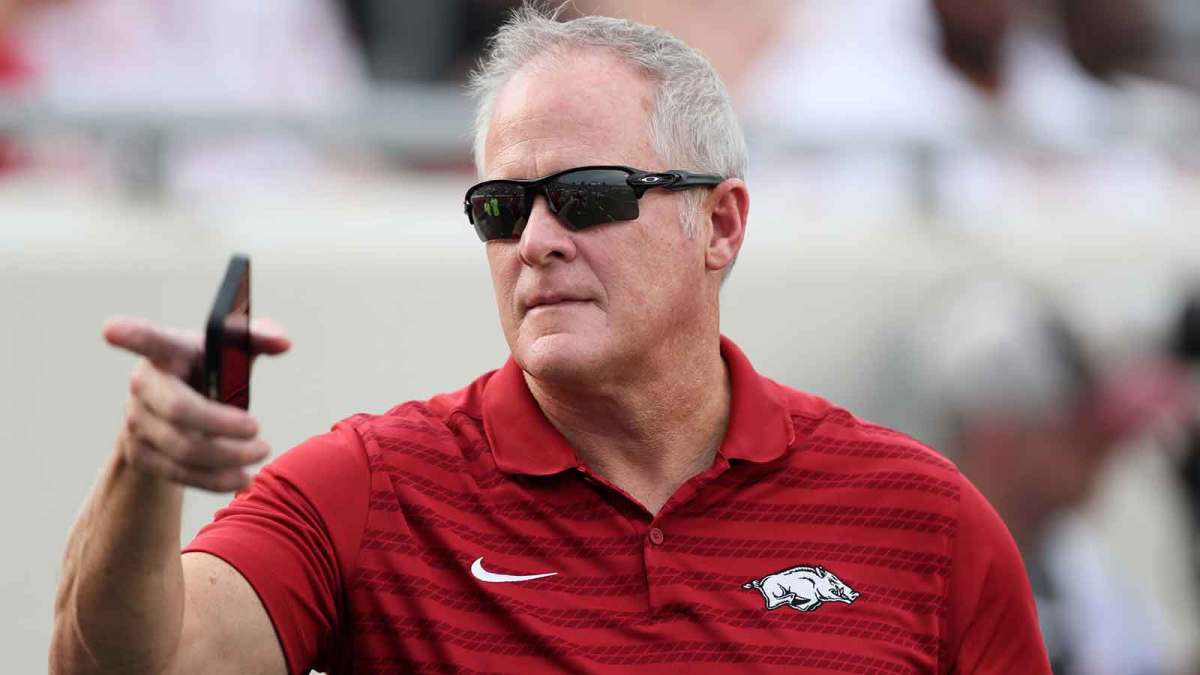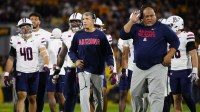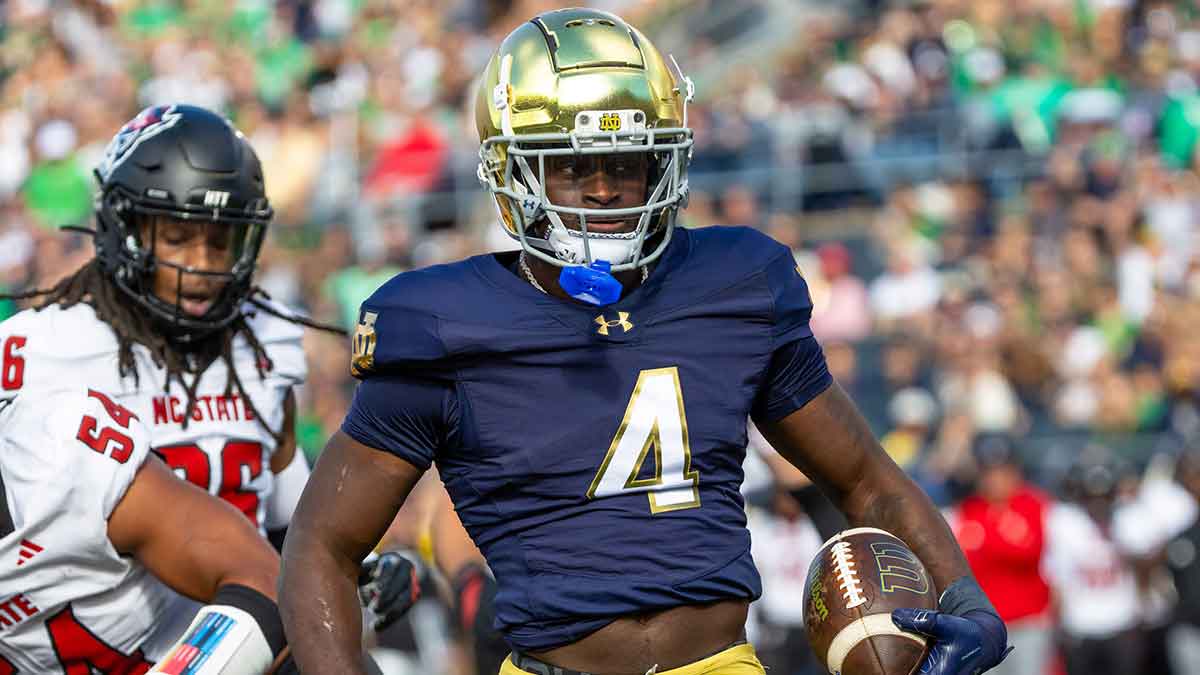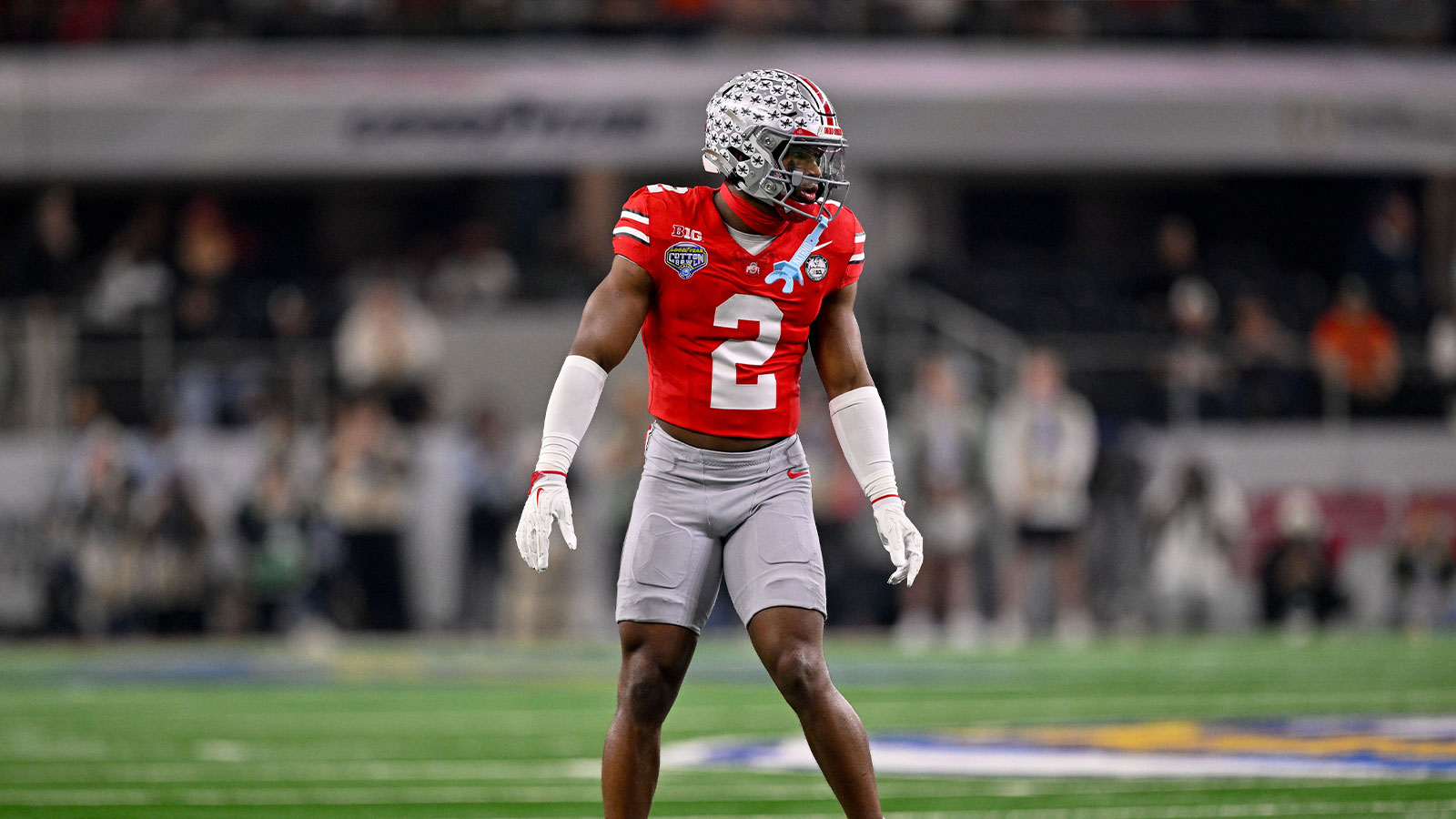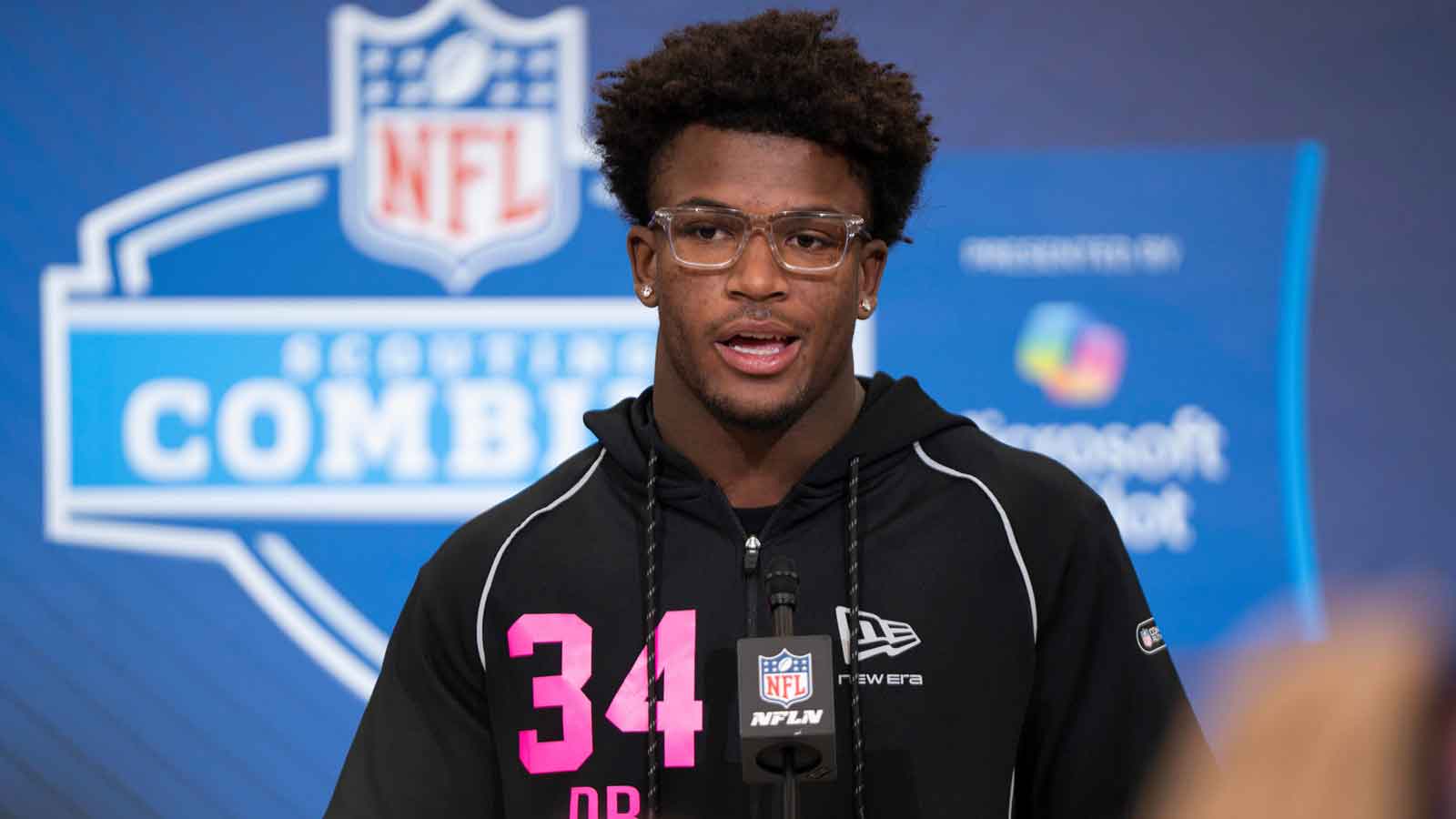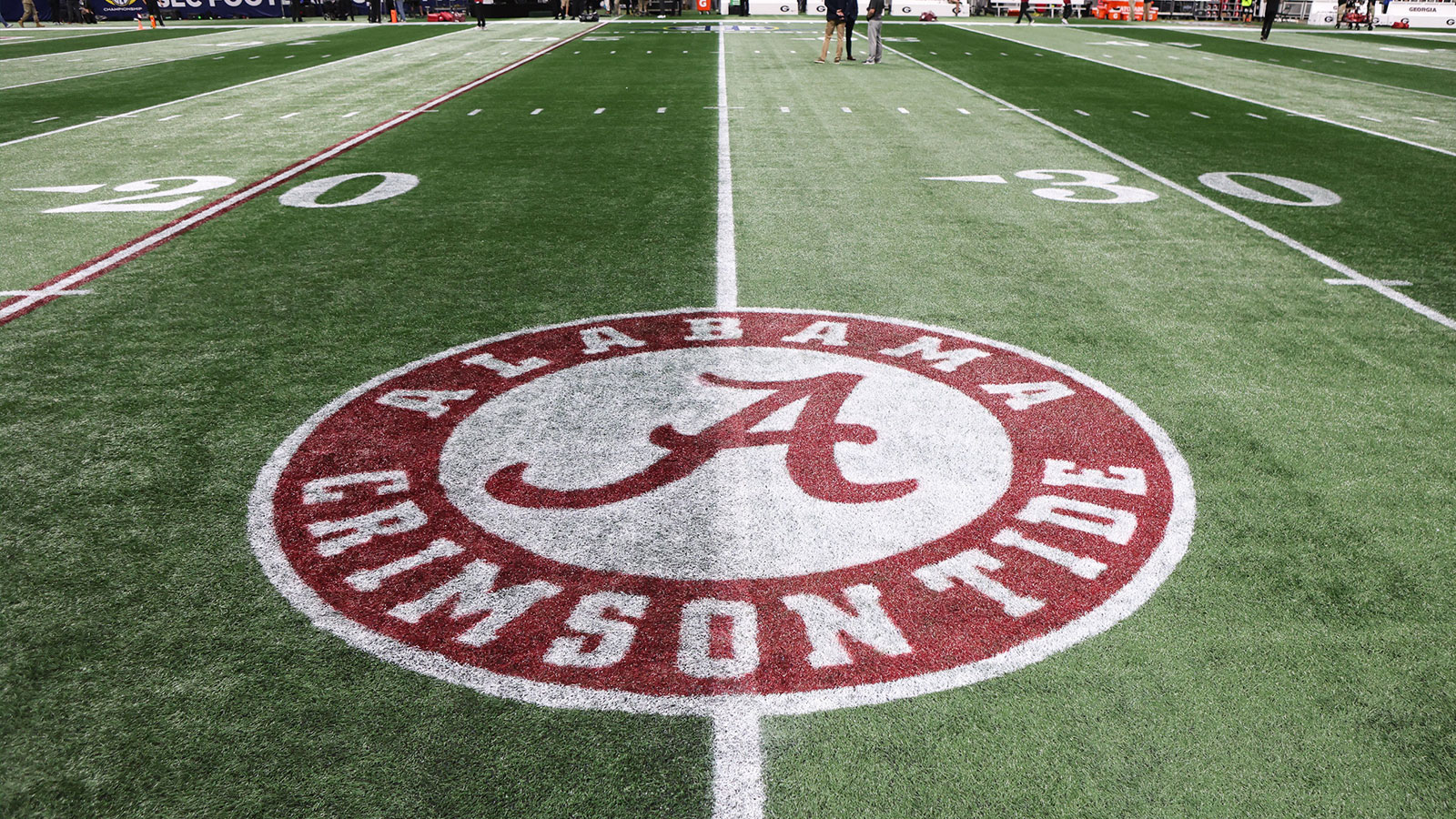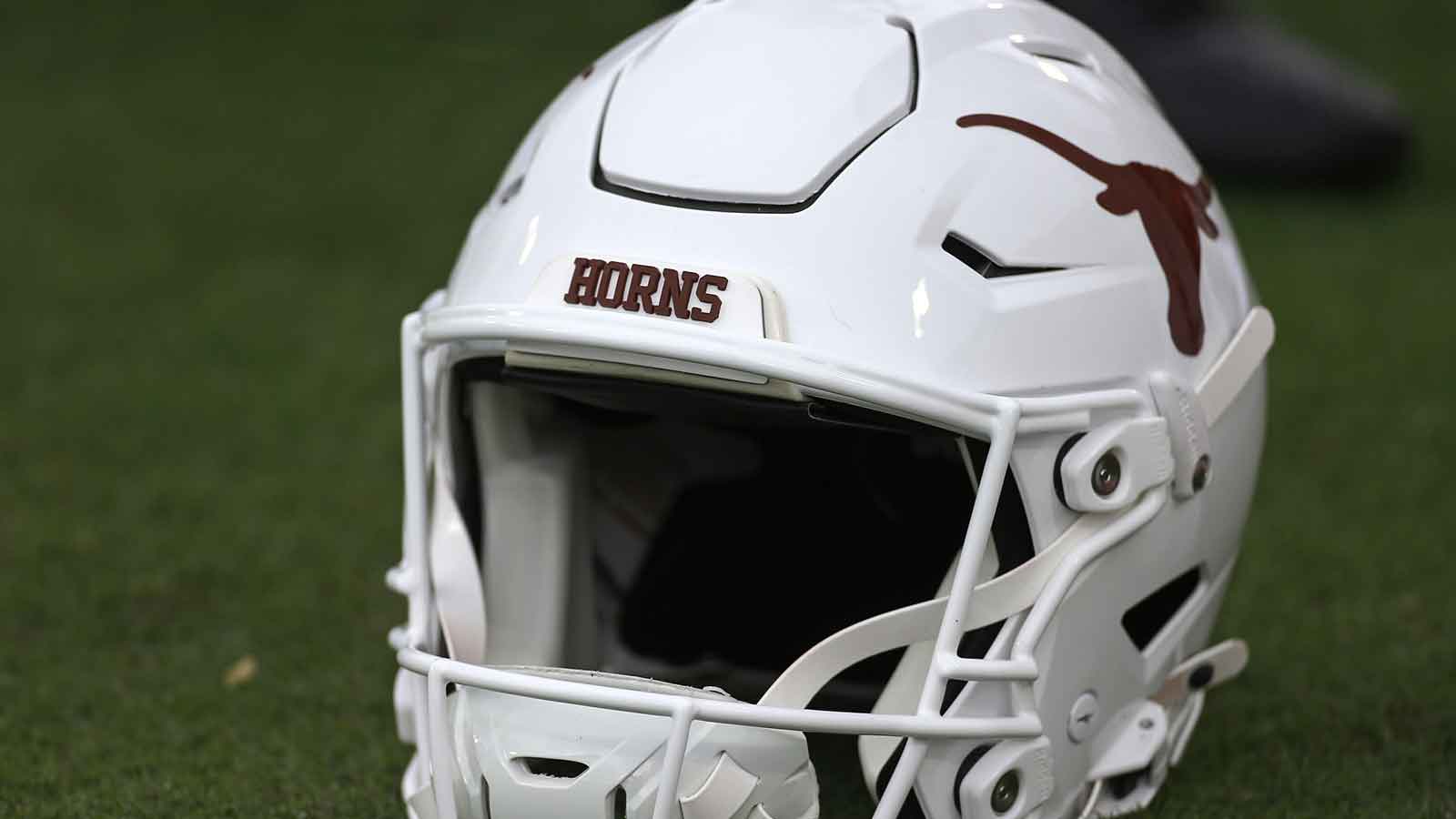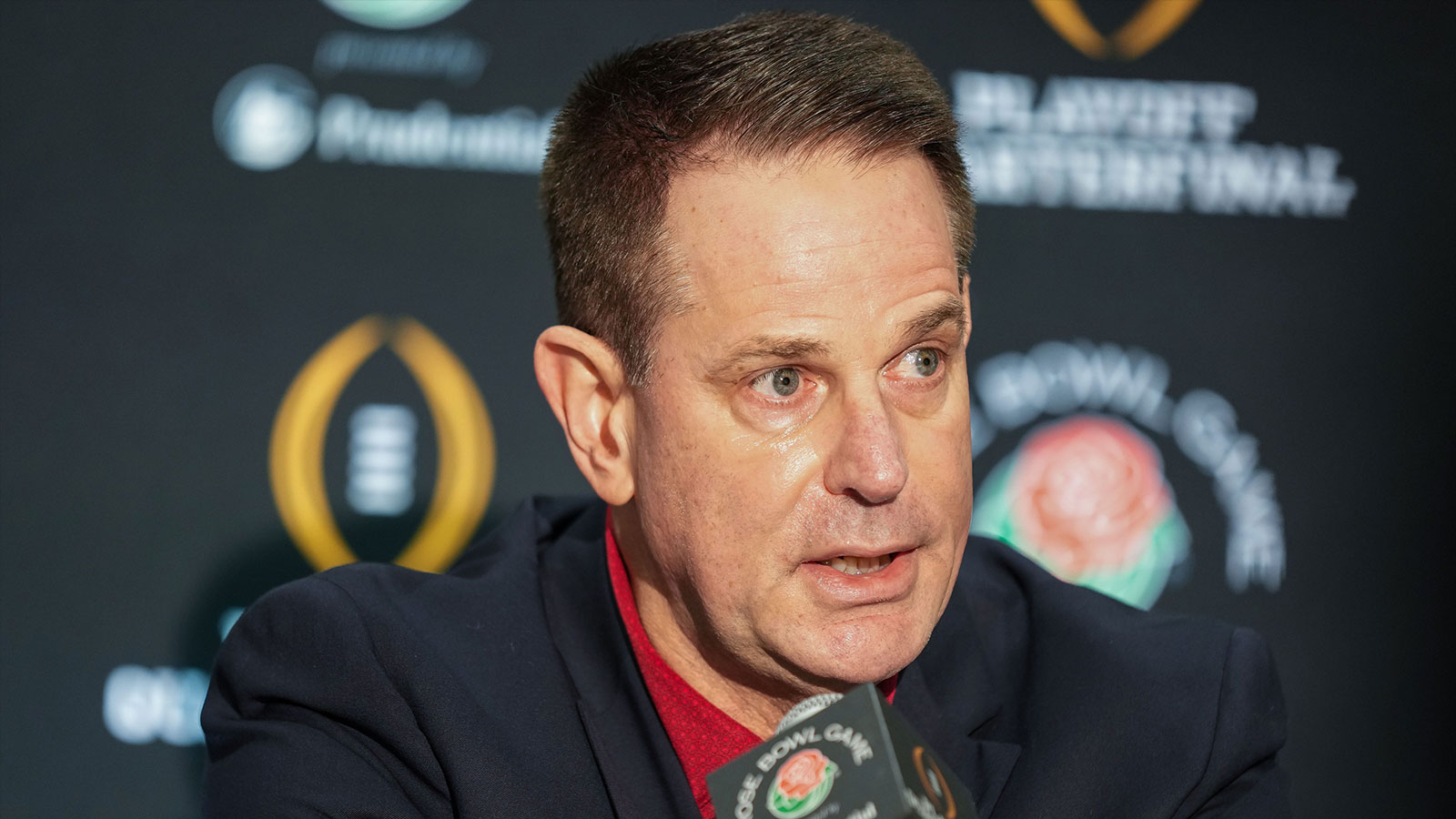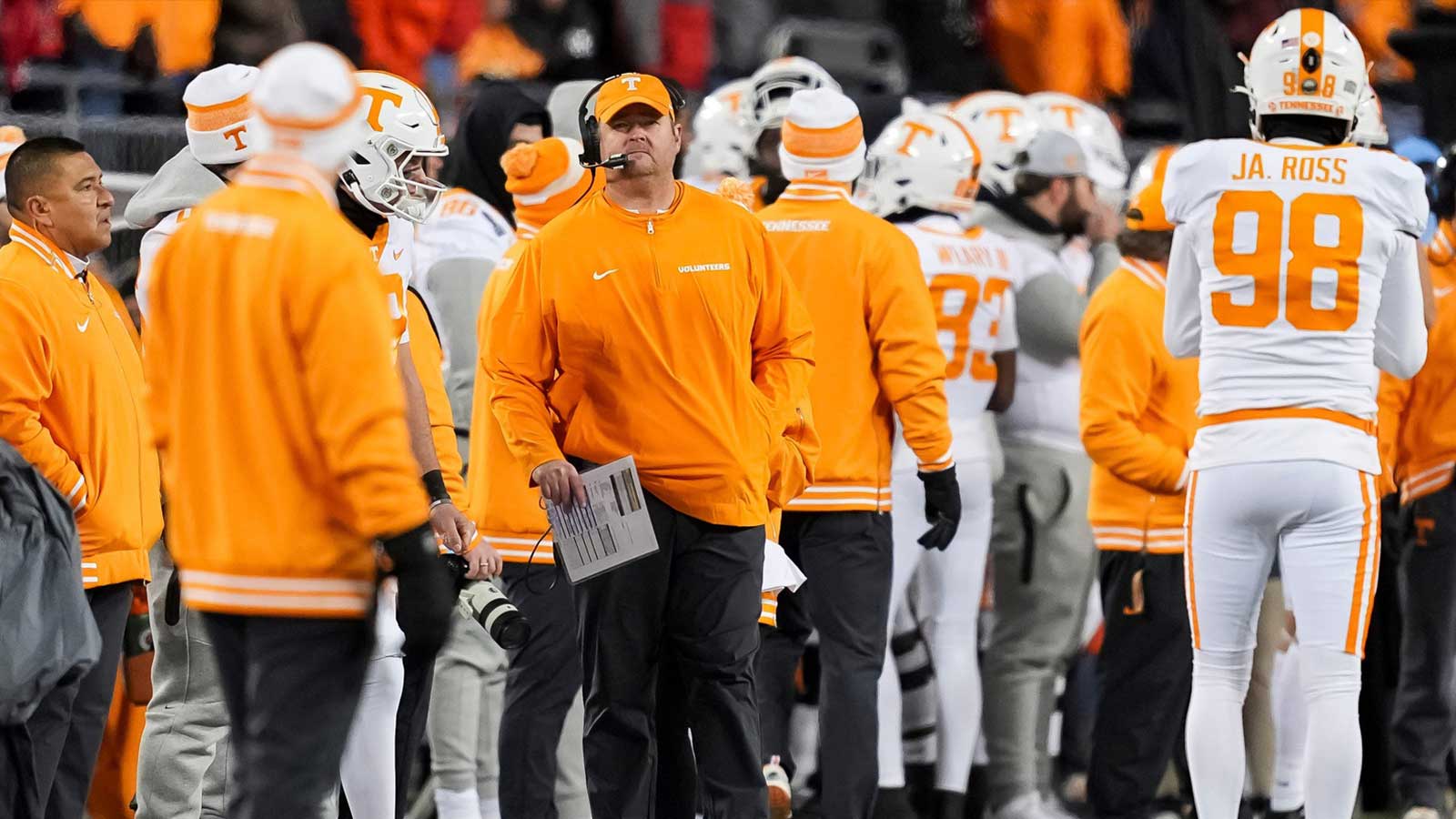The College Football Playoff Selection Committee has released its third round of rankings, but one question has persisted: how to weigh Miami’s head-to-head win over Notre Dame compared to the rest of each team’s resume.
The CFP Chairman, Hunter Yurachek, finally gave an explanation of the committee’s logic and why the Fighting Irish continue to sit ahead of the Hurricanes.
When asked by ESPN’s Rece Davis how closely the two teams are being evaluated, the newly appointed CFP chair clarified that the comparison has been rooted in the quality of losses, not the direct matchup.
“I think when you look, Notre Dame and Miami, we really compare the losses of the two teams,” Yurachek said. “Miami has lost to two unranked teams. Notre Dame has lost to two teams that are ranked in our top 13, so we really haven't compared those two teams. They haven't been in similar comparison pools to date, but Miami is creeping up into that range where they will be compared to Notre Dame if something happens above them.”
Hear now from Hunter Yurachek, chair of the College Football Playoff selection committee, as he chatted with @ESPN's @ReceDavis after the release of the third CFP rankings of the 2025 season.#CFBPlayoff 🏈🏆 pic.twitter.com/gzlnl4Ok0V
— College Football Playoff (@CFBPlayoff) November 19, 2025
In the third round of rankings, Notre Dame landed at No. 9 while Miami climbed to No. 13, shrinking a gap that was even wider the previous week. Despite Miami’s 27-24 victory over Notre Dame on August 31, the committee chair made it clear that head-to-head results have not been the primary differentiator to this point.
The explanation did not sit well with some analysts. Fox Sports’ Chris ‘The Bear' Fallica criticized the committee’s logic on social media.
“Hunter Yurachek just said it… comparing losses!!!!!” Fallica wrote. “LMAO Didn't say Team A beat Team B, they should be higher, the fact Team B lost to Team A and that's a good loss actually matters more. Just incredible.”
Both Notre Dame and Miami enter Week 13 with an 8-2 record. Notre Dame’s defeats came against No. 13 Miami and No. 3 Texas A&M by a combined four points. Miami’s two losses, while to unranked teams at the moment, were against quality opponents, Louisville and SMU, and were each decided by one score.
As the Hurricanes close in on the top-10, the committee may soon be forced to confront the very comparison it has avoided: whether head-to-head should outweigh everything else.

